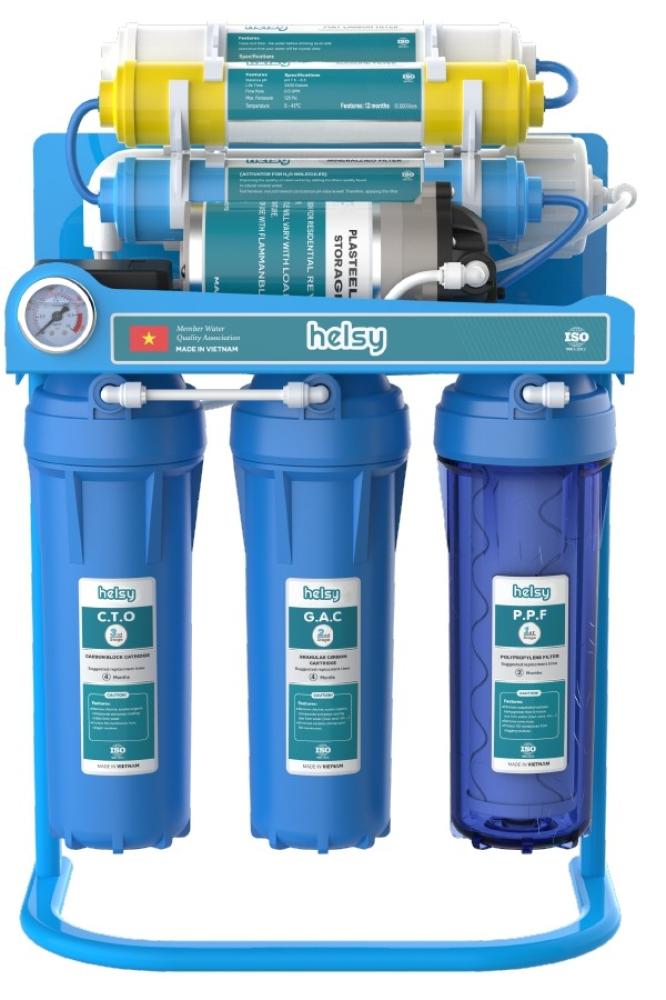
Water filters in laboratories and laboratories
In a delicate environment such as laboratories, where results depend on the purity of the components used, water quality becomes a critical factor that cannot be compromised. Even the smallest percentage of impurities or dissolved minerals can directly affect the accuracy of analyses or the efficiency of the equipment used. This is where specialized water filters become essential tools for ensuring the purity of water used in various laboratory processes.
At Healthy Store Saudi Arabia , we fully understand the technical and health challenges facing laboratories. That's why we offer professional water filter solutions specifically designed to meet the requirements of sensitive scientific environments, whether in chemical, medical, or industrial laboratories.
In this article, we highlight the role of water filters in laboratories, their types, their vital benefits, and why choosing the right system from Healthy Store can mean the difference between accurate and questionable results.
Water filters in laboratories and laboratories
Laboratory water filters are not just an "add-on," but an essential part of scientific and research work. With the increasing focus on high-precision research and advanced technologies, ensuring water purity becomes a critical step that cannot be ignored.
Invest in precision, quality, and reliability – choose water purification systems from Healthy Store, where technology meets trust.
Why does a laboratory need a specialized water filter?
Not all water is suitable for laboratory use, even that which we consider "potable." Mains water contains mineral ions, chlorine, organic impurities, bacteria, or fine particles that can interfere with precise chemical reactions or disrupt sophisticated analytical equipment.
The most important reasons for using water filters in laboratories:
- Improve the accuracy of results: Ions such as calcium or iron can react with chemicals and produce false results.
- Equipment Protection: Equipment such as HPLC, spectrometers, or genetic analysis machines require high-purity water to prevent deposits that can lead to malfunctions.
- Instrument Sterilization: Pure water is essential for laboratory instrument washing to avoid cross-contamination.
- Long-term cost savings: Using impure water can lead to frequent maintenance or damage to expensive equipment.
Types of water filters used in laboratories
Water filters vary depending on the degree of purity required, and common systems include:
1. Reverse Osmosis (RO) System
- Removes most dissolved salts, microorganisms, and heavy metals.
- It is used in laboratories that require pure but not very high water (Type III).
2. Ion exchange (DI) systems
- Used to remove ions from water.
- Often used after an RO system to obtain higher purity (Type II).
3. Ultrafiltration systems
- Used to remove viruses, proteins, and large organic materials.
- Suitable for biological and biotechnology laboratories.
4. Ultraviolet (UV) systems
- Removes microorganisms and bacteria, and sterilizes water.
- It is often used as a final stage after RO or DI.
5. Activated carbon filters
- Removes chlorine, taste, and odor.
- It is used as a preliminary stage before RO.

